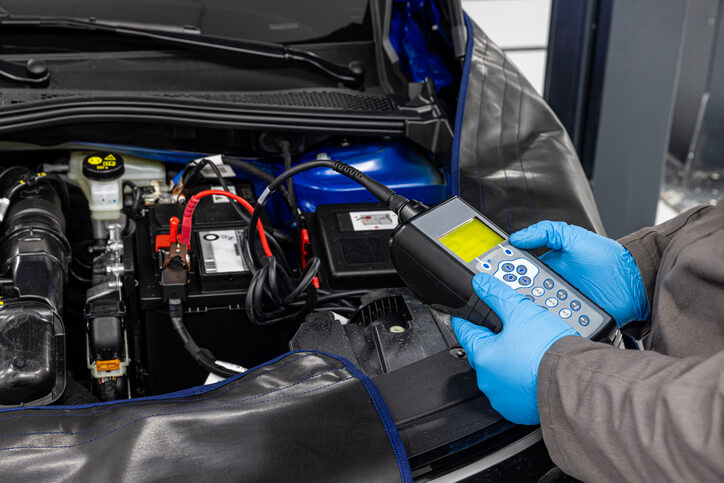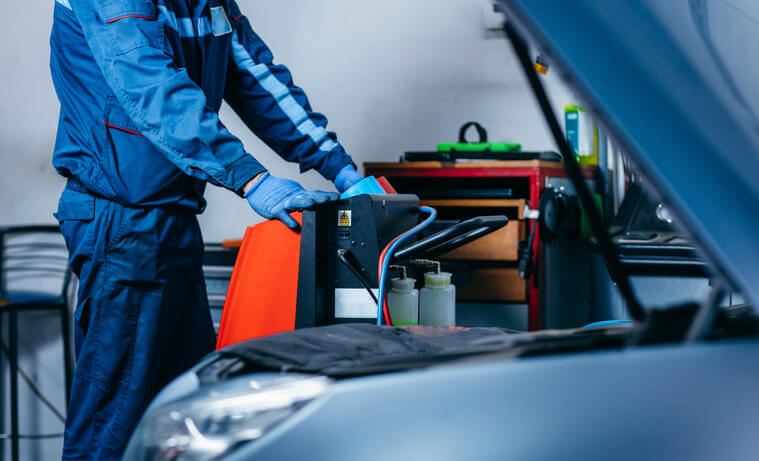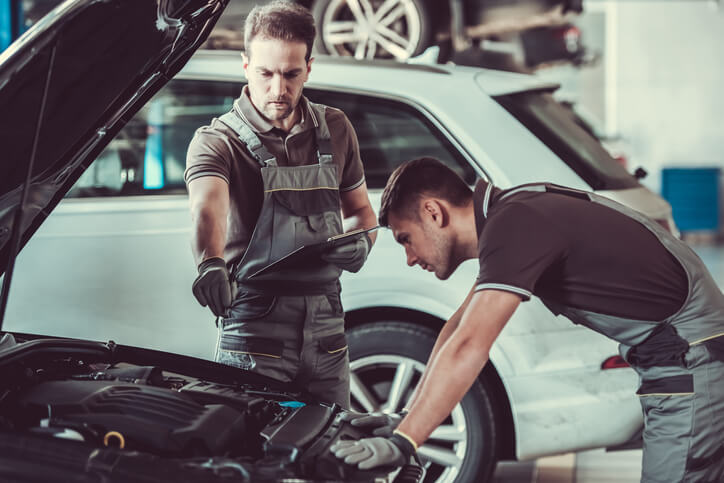5 Common Hybrid Car Problems and How to Fix Them
Hybrid cars are increasingly popular because of their fuel efficiency and reduced environmental impact. However, like all vehicles, hybrids come with unique challenges. Understanding the most common hybrid car problems and how to address them can help maintain the vehicle’s performance and longevity, improving service and customer satisfaction.
In this post, we’ll discuss five common hybrid car issues and offer practical solutions to fix them. Whether you’re a hybrid car enthusiast or pursuing hybrid and electrical mechanic training, knowing these potential problems can help keep a hybrid running smoothly.
1. Battery Issues Are at the Top of the list of Most Common Hybrid Car Problems
The most well-known hybrid car problem involves the battery. Hybrid cars rely on large, rechargeable batteries to power their electric motor. These batteries can degrade or fail over time. Battery issues can lead to decreased fuel efficiency, slower performance, and, ultimately, the inability to start the car.
How to fix it:
As a budding hybrid and electric vehicle mechanic, you will learn how to diagnose and repair hybrid batteries through hands-on experience in your training. If a hybrid vehicle’s battery starts to fail, you’ll perform a diagnostic test to confirm the issue. Depending on the severity, the battery may need to be reconditioned to restore its performance. In cases where the battery is beyond repair, it will need to be replaced. Proper battery care and early intervention can prevent total failure and improve overall vehicle performance.

2. Regenerative Braking System Failures
Hybrid vehicles use a regenerative braking system that captures energy from braking and converts it into electricity to recharge the battery. While this system is highly efficient, it can sometimes malfunction, leading to reduced braking power or strange noises during braking. A failure in the regenerative braking system can also increase wear on traditional brake components.
How to fix it:
When addressing regenerative braking issues, use your training to perform a system check, diagnose quickly, and recalibrate, repair, or replace components as needed for optimal braking performance.
3. Oxygen Sensor Malfunction
The oxygen sensor in a hybrid car measures the amount of unburned oxygen in the exhaust and helps regulate the engine’s air-to-fuel ratio. If the oxygen sensor malfunctions, it can trigger the check engine light and lead to inefficient performance. This can also affect fuel economy and increase emissions.
How to fix it:
Use diagnostic tools to confirm an oxygen sensor malfunction, then promptly replace it to improve fuel efficiency and reduce emissions, as your hybrid and electrical mechanic training has prepared you for this straightforward process.
4. Cooling System Problems
Hybrid cars rely on a cooling system to keep the engine and battery at optimal operating temperatures. If the cooling system fails, it can result in overheating, potentially leading to more severe damage to the engine and battery. Cooling system problems are common in hybrid cars and may result from issues with the radiator, cooling fans, or coolant levels.
How to fix it:
If your hybrid overheats, check coolant levels, inspect the radiator and fans, and replace damaged components. However, for complex cooling system issues, consult a mechanic.

5. Transmission Issues
Hybrid cars often feature a Continuously Variable Transmission (CVT), different from traditional automatic or manual transmissions. While CVTs are designed to improve fuel efficiency, they can sometimes experience issues like slipping, jerking, or unusual noises.
How to fix it:
Transmission problems in hybrid cars can be challenging to diagnose and repair without the proper training. If you experience transmission issues, it is essential to take your car to a certified hybrid mechanic.
ATC’s hybrid and electrical mechanic training program ensures that mechanics can handle these unique systems. Depending on the problem, the transmission may need to be repaired or replaced entirely.
Do you want to become a hybrid and electric vehicle mechanic?
Contact ATC Surrey for more information.


